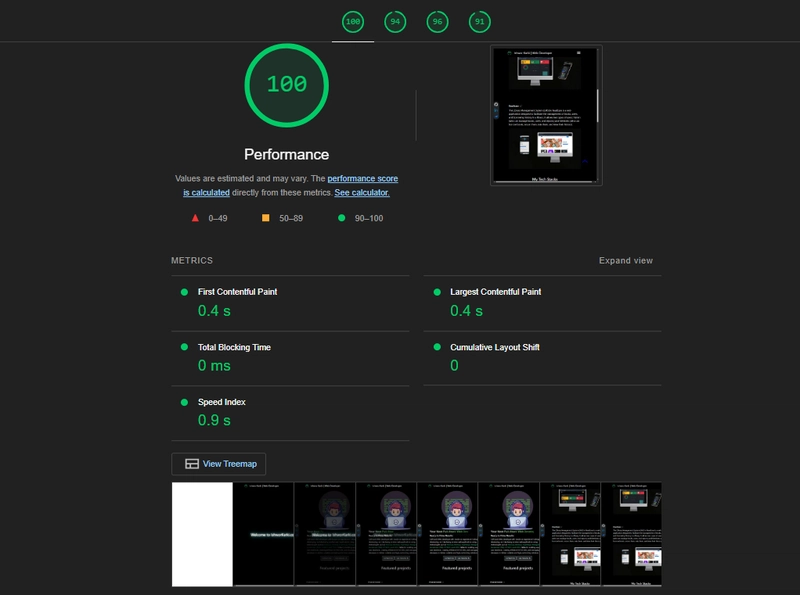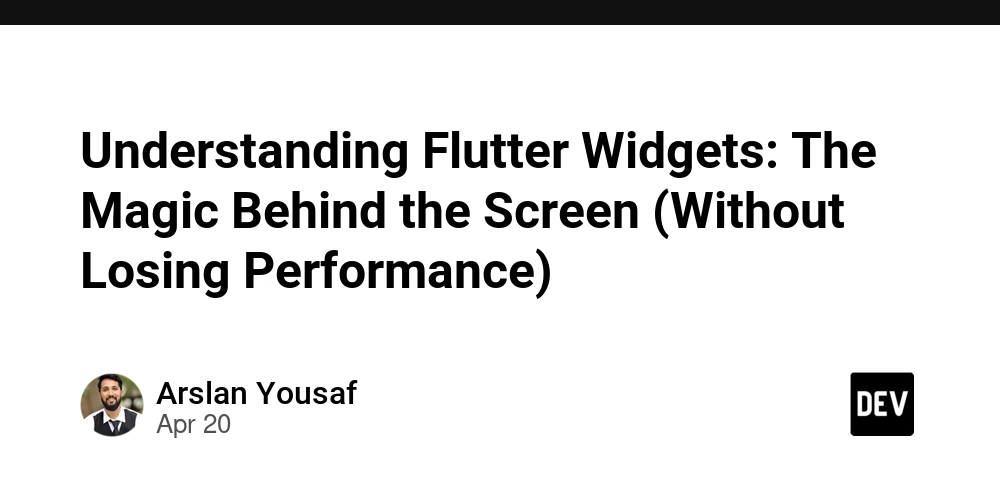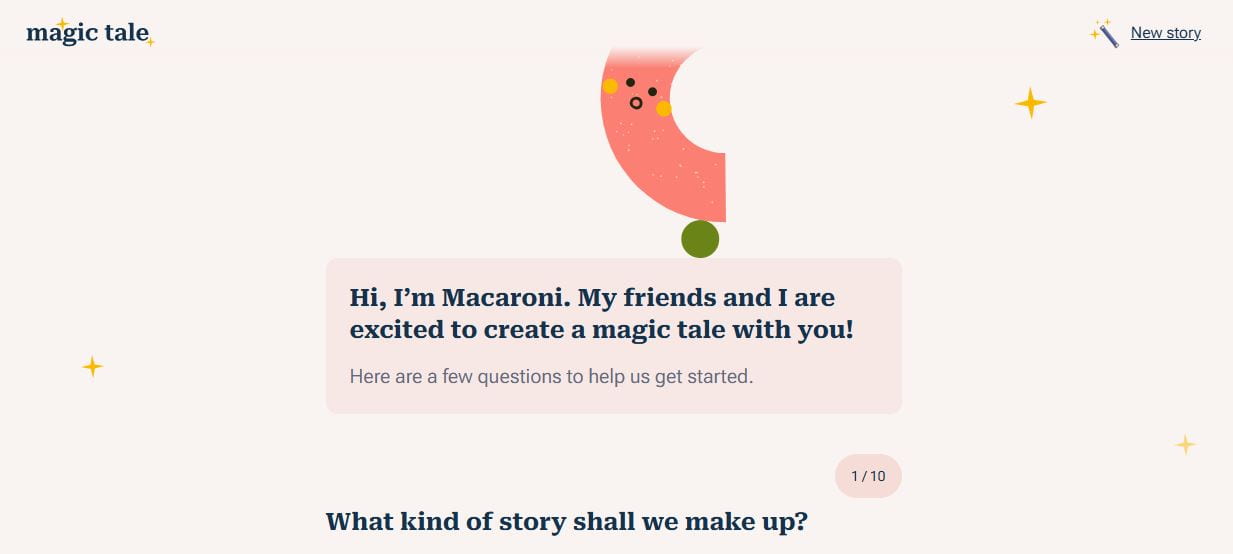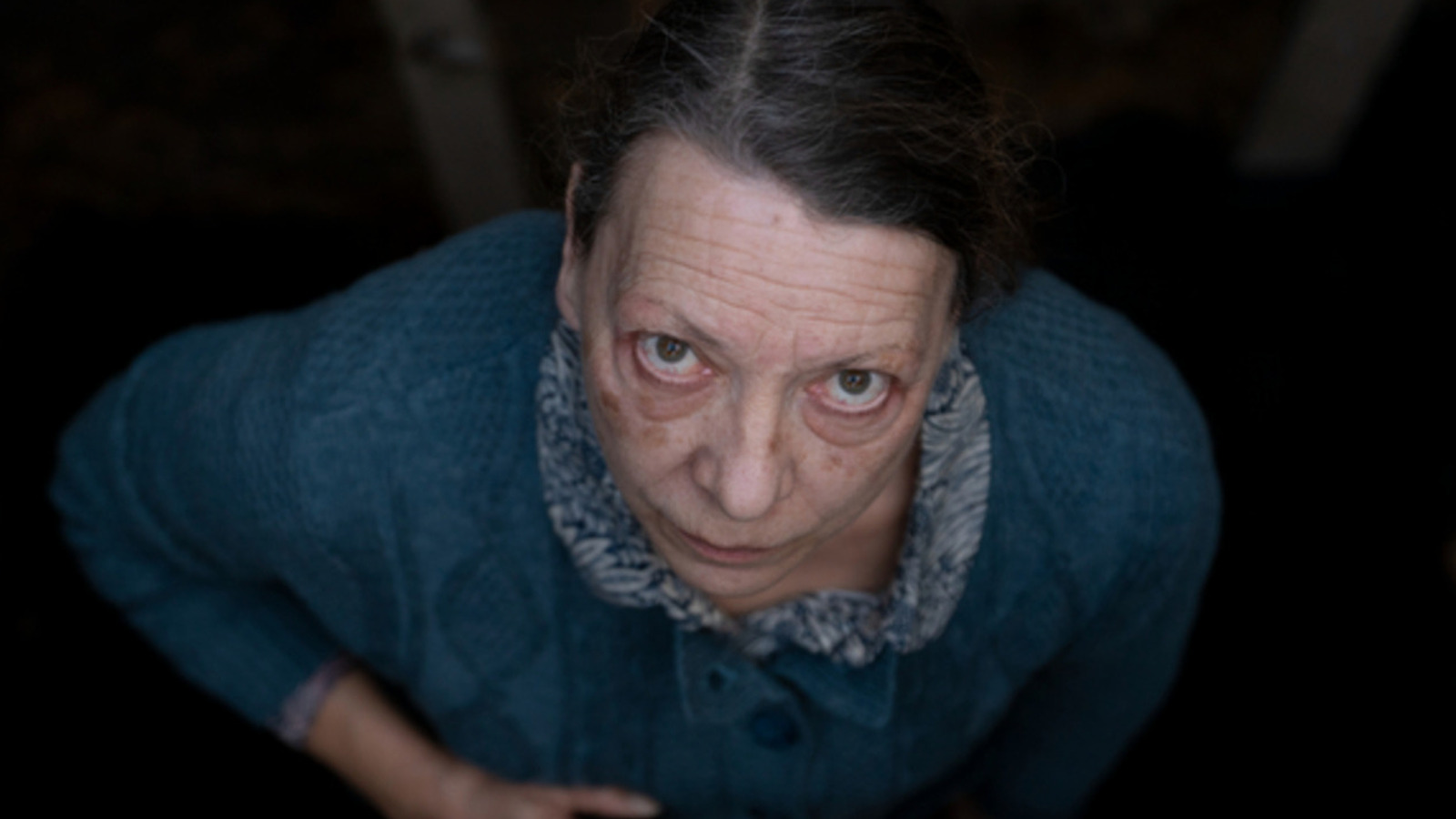What Happens When We Properly Grieve Our Bodies
‘Body grief has the potential to connect us, even when our individual experiences seem worlds apart,’ writes Jayne Mattingly.


As women, we’ve been told that our grief is private, that our struggles with our bodies are something to bear alone. That isolation serves a purpose—it keeps us from recognizing our shared experiences, from seeing each other, from building something different.
If you’ve ever felt like your body was working against you—whether from illness, aging, injury, or something harder to name—you are not alone. That ache, that sorrow, that rage, is what I call Body Grief—the longing and mourning that accompany the loss of bodily autonomy. [time-brightcove not-tgx=”true”]
The truth is that we are all grieving something: the loss of function, the betrayal of our physical forms, the ways our bodies fail us—or are failed by the systems meant to care for them.. But what if we weren’t just soldiers in a system that doesn’t care for us, but people who cared for one another? What if feeling our grief didn’t just help us heal—but also made us more compassionate, more connected, more willing to fight for a world that truly supported us? Body grief has the potential to connect us, even when our individual experiences seem worlds apart. And if we allow ourselves to feel it, rather than suppress it, we might find something unexpected: each other.
In a time of deep division—political, cultural, personal—Americans are in search of common ground. We crave unity, but where can we find it when everything—from healthcare to history—feels like a battleground? We live in a society that conditions us to push through pain rather than process. To ignore discomfort, to equate worth with productivity, to see bodily struggles as something to hide or overcome rather than something to acknowledge.
As Dr. Nola Haynes, a political scientist and a senior foreign policy advisor, told me, “The way that success looks in this country is by any means necessary, and it’s not paranoia, especially for women.”
Imagine a world where this wasn’t the norm. What if we allowed ourselves to sit with our grief, to recognize that our bodies have been sites of struggle for all of us in different ways? Instead of believing we are failing, it might behoove us to realize that the system was never built to support us in the first place.
Read More: Let’s Talk About Our Grief
Women and marginalized genders have long carried the weight of bodily grief—through forced birth, medical neglect, gendered violence, and systemic erasure. Their suffering has often been dismissed as exaggeration, hysteria, or simply the cost of existence. But this isn’t just an individual burden. It is a collective experience, one that connects us across identities and political divides.
For disabled people, for instance, body grief is daily, tangible, and systemic. It’s in the way our healthcare system fails us, in the exhaustion of constantly advocating for accessibility, in the way our bodies are either feared, pitied, or erased. For those newly confronting the limits of their bodies—through aging, injury, or illness—this grief can feel shocking and isolating, like a secret no one warned them about. But it isn’t a secret. It’s just something we were never given the language to talk about.
Body grief exists in racialized trauma, in the ways racism manifests physically—through stress, maternal mortality disparities, environmental injustice, and generational harm. It echoes through the bodies of those who have experienced sexual violence, reproductive injustice, and pregnancy loss, forced to navigate their grief alone in a culture that prefers to look away It also exists in the trans experience, in the dysphoria and medical gatekeeping that dictate who is allowed to transition and who must suffer in silence. “Being a trans woman…is living under the constant reminder that our bodies are deemed by many to be unacceptable in the traditional gender paradigm,” said activist and writer Charlotte Clymer. “The curse of body grief is navigating absurd notions of women’s pain and trauma as they relate to our bodies, and the blessing of body brief is recognizing that commonality as a catalyst for the power of community among women.”
Indeed, normalizing body grievances is more than awareness; it is liberation. I’ve learned this from personal experience. Before my total hysterectomy at 31, I was silently hemorrhaging into adult diapers for half my life each month, never realizing how abnormal my suffering was. The isolation was suffocating, the grief immeasurable. It would’ve been so different if I actually spoke about this pain—if I knew we could unravel the shame and stitch solidarity in its place.
Perhaps, then, body grief could be the Great Unifier—if only we all had the privilege to grieve, to lean into our emotions, and to find solace in our communities. Writer, producer, and impact leader Ashley Jackson reflected on her own experience with invisible illnesses like Fibromyalgia and Long Covid, affirms this truth: “Community is not so much about asking for help or renewing your placard. It means that when I was able to confront myself, I didn’t have to do it alone. It was isolating to come to terms with my body grief on my own… but my community said, we will hold you in this grief.”
Body grief is not just about what we have lost—it is about what we can build when we finally acknowledge it. And if we listen to each other, if we recognize our shared grief, we might just find the common ground we’ve been searching for all along.
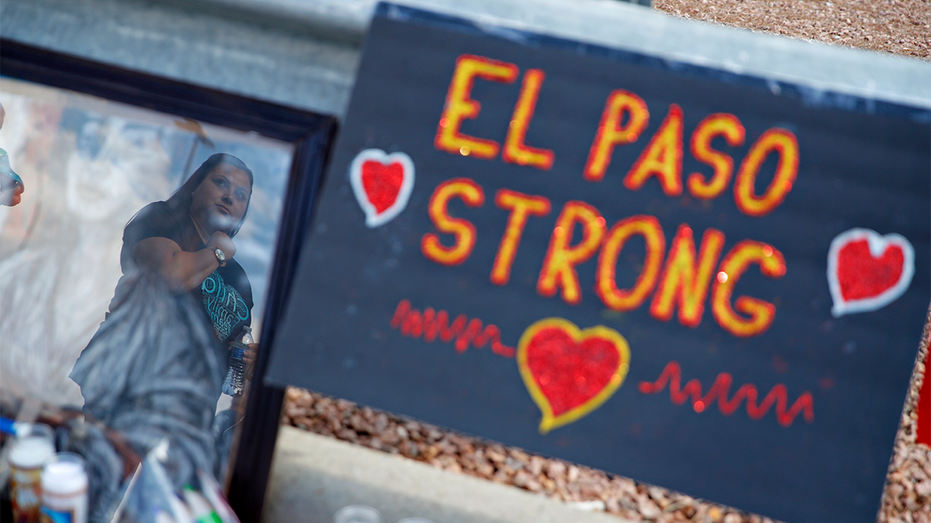








![[DEALS] The All-in-One Microsoft Office Pro 2019 for Windows: Lifetime License + Windows 11 Pro Bundle (89% off) & Other Deals Up To 98% Off](https://www.javacodegeeks.com/wp-content/uploads/2012/12/jcg-logo.jpg)
